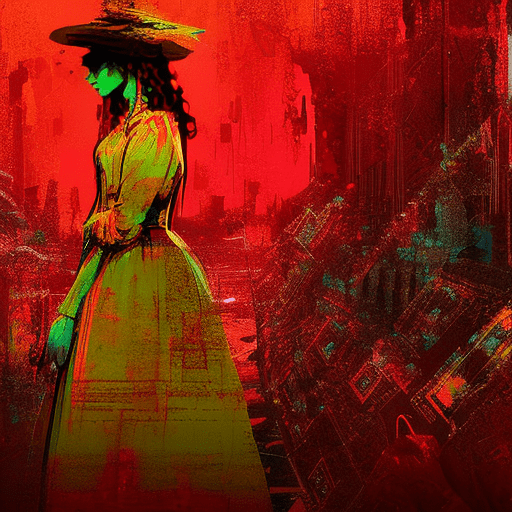One-line summary:
Madame Bovary is a tragic novel that explores the consequences of a woman’s pursuit of romantic ideals and the dissatisfaction that arises from the constraints of societal expectations.
Emma Bovary, a young and idealistic woman, marries Charles, a dull country doctor, hoping for a life filled with passion and excitement. However, she soon becomes disillusioned with her marriage and the monotony of provincial life. Seeking fulfillment, Emma embarks on a series of affairs and indulges in materialistic pursuits, ultimately leading to her downfall.
Emma’s Romantic Fantasies:
From a young age, Emma is captivated by romantic novels and dreams of a life filled with passion and grandeur. She yearns for a love that transcends the mundane realities of her existence. However, her expectations are shattered when she marries Charles, a kind but unremarkable man. Emma’s dissatisfaction with her marriage drives her to seek out affairs and engage in extravagant spending, as she desperately tries to recreate the romantic fantasies she has built in her mind.
The Consequences of Infidelity:
Emma’s affairs, first with the wealthy landowner Rodolphe and later with the young law clerk Léon, provide temporary escapes from her unhappy marriage. However, these relationships only serve to deepen her sense of disillusionment. Emma becomes trapped in a cycle of infidelity and deceit, leading to her emotional and financial ruin. Her affairs not only destroy her own life but also have far-reaching consequences for those around her, including her husband and daughter.
Societal Expectations and Gender Roles:
Madame Bovary also explores the restrictive nature of societal expectations and the limited roles available to women in 19th-century France. Emma’s desires for independence and fulfillment clash with the societal norms that confine her to the role of a dutiful wife and mother. Her attempts to break free from these constraints ultimately lead to her downfall. The novel highlights the double standards of the time, as men are able to engage in extramarital affairs without severe consequences, while women like Emma are condemned and ostracized.
Emma’s pursuit of romantic ideals and her subsequent dissatisfaction with her life serve as cautionary tales about the dangers of living in a world governed by unrealistic expectations. Through Emma’s journey, Gustave Flaubert explores themes of love, desire, and the human longing for something more. The novel serves as a critique of bourgeois society, exposing the emptiness and hypocrisy that can lie beneath its surface.
Key takeaways from Madame Bovary include:
- The pursuit of unrealistic ideals can lead to dissatisfaction and ruin.
- Infidelity and deceit have far-reaching consequences.
- Societal expectations and gender roles can be restrictive and oppressive.
- Materialistic pursuits do not bring lasting happiness.
- The novel serves as a critique of bourgeois society and its values.
In the words of Gustave Flaubert himself, “Human speech is like a cracked kettle on which we tap crude rhythms for bears to dance to, while we long to make music that will melt the stars.” This quote encapsulates the underlying theme of Madame Bovary, highlighting the human desire for something greater and the struggle to find true meaning and fulfillment in a world that often falls short of our expectations.












